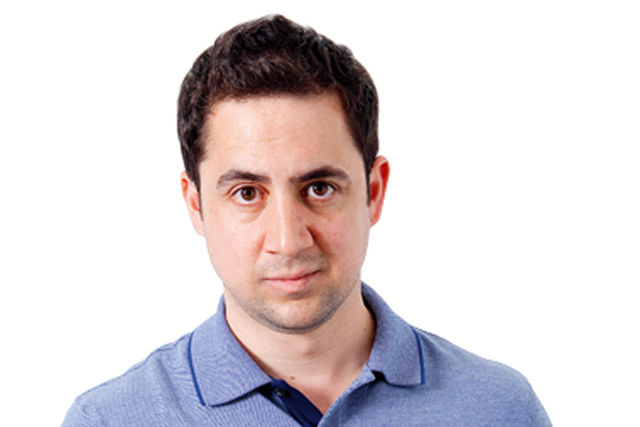At time of writing, the BBC’s combative Newsnight presenter is showing the first signs that he may soon succumb to the razor. After a week in which his facial hair has trended on Twitter, appeared in many newspapers and been discussed at length on national radio and TV, there’s talk of the it now brings.
Over the years, the BBC has been accused of many things – but our favourite 63-year-old curmudgeon has managed to find a new one with talk of pogonophobia. Ladbrokes has slashed the odds on the beard being shaved off this week, though retains its 20/1 long shot for those who foresee a goatee.
It is 2013’s classic silly-season story. And very welcome it has been too. In an unpredictable and dynamic media year, in which news has come thick and fast, it has been good to take a collective breath, if only for a moment.
But as many return to work – or "la rentrée", as Maurice Lévy’s compatriots dub it – there is one development, announced at the start of the summer holidays, that will continue to command attention: the creation of Publicis Omnicom Group.
'Talk should be on any potential union of OPera and VivaKi. It's about scale and spend for traditional media'
I read with interest Sir Martin Sorrell’s suggestion to Danny Rogers that "he will pursue organic growth rather than mergers". A trawl through my August inbox reveals WPP’s irrepressible leader has made no fewer than seven major acquisitions since then – The Group, Geometry Global, Scangroup, BrandAnalytics Consultoria, SecondSync, Designercity and Verticurl.
It has been amusing to see mainstream media trying to make sense of it too. Hopeless attempts to justify any alignment of ad agencies such as Saatchi & Saatchi, TBWA and BBDO completely miss the point.
This deal, like no other, is all about the Maths Men, not the Mad Men. Talk should be on any potential union of OPera and VivaKi. It’s about scale and spend for traditional media, consumer insights, real-time bidding and even data ownership itself in the digital age.
None of which has escaped the leaders at WPP’s Group M, who have crunched the numbers and assure me that, even after the merger, Group M will remain the largest media force in both the UK and EMEA. Before any of that, though, comes the small matter of regulatory approval in multiple markets for a group that would control more than 40 per cent of global media spend.



